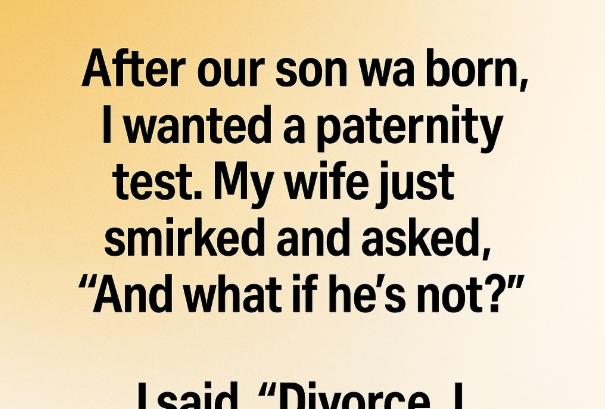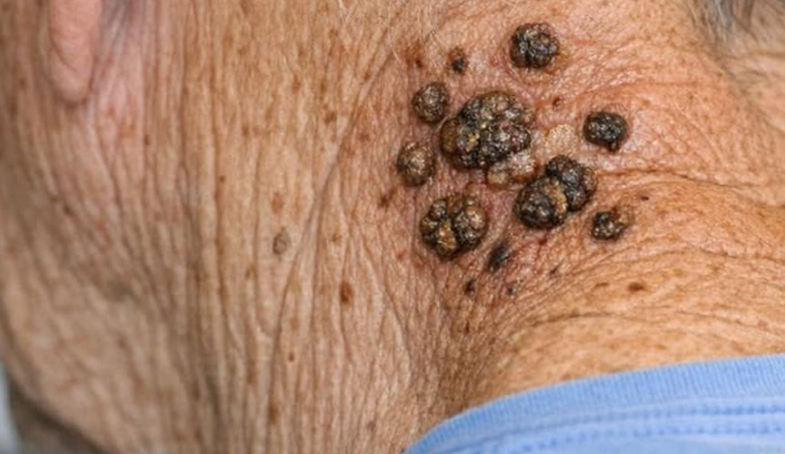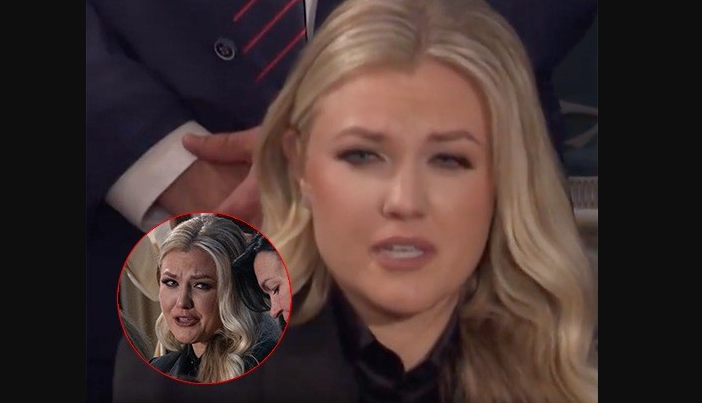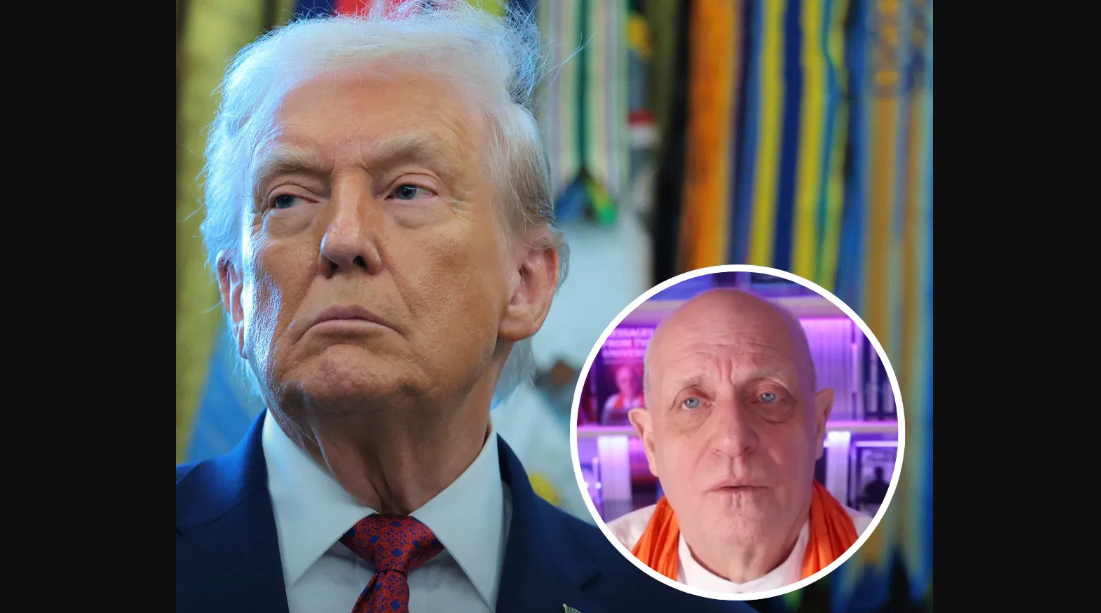When our son entered the world, I believed my actions stemmed from caution, from a sense of responsibility. A tiny seed of uncertainty— one I kept silent about— expanded steadily until I insisted on a paternity test.
My wife offered no tears, no protests; she met my gaze with a look of sheer astonishment and whispered, “And what if you’re mistaken?”
I replied with a confidence I confused for resolve: “If he isn’t mine, I’m gone.”
I interpreted her quiet as admission and her effort to smile amid the pain as defiance.
When the results declared I wasn’t the father, I accepted them without hesitation. I departed. Documents, attorneys, closing statements— and I persuaded myself this path honored justice.
Three years unfolded. I established a daily rhythm, attempted to suppress the sorrow, and assured myself I had evaded disgrace.
Then one afternoon, I encountered a family friend of many years by chance. Rather than a warm welcome, he regarded me with evident dismay.
He had known my wife since her earliest days, and upon hearing my reason for leaving, his face moved from bewilderment to profound grief.
“She remained faithful to you,” he murmured gently. “That expression you noticed wasn’t remorse. It was devastation that you questioned her.”
He revealed another detail— a chilling prospect— that test outcomes can err, and in uncommon instances, they do.
His statements lingered in my thoughts. With unsteady fingers, I arranged a second test, driven not by optimism, but by dread.
And then the reality emerged— he was my son. The space around me whirled. I remained seated, gazing at the document that verified what my instincts ought to have recognized from the start.
I hadn’t faced deception— I had received unwavering faith. And as repayment, I deserted the two individuals who cherished me above all.
Arrogance had propelled me to shatter what devotion demanded I safeguard.
I sought to mend the damage. I expressed remorse, reached out by phone, composed messages— yet she had advanced, reconstructing her existence fragment by fragment.
She shielded our son from the suffering I inflicted, providing him serenity where my suspicion had sown disorder.
The final occasion I observed him, from the far side of a park, he laughed with pure joy as she grasped his small hand.
I stayed motionless, comprehending that certain errors lack reversal options.
Love requires confidence to endure, and I selected anxiety in its place.
Now I carry one aspiration— that someday my son discovers the facts not to pardon me, but to grasp how profoundly I lament allowing uncertainty to overpower affection.







